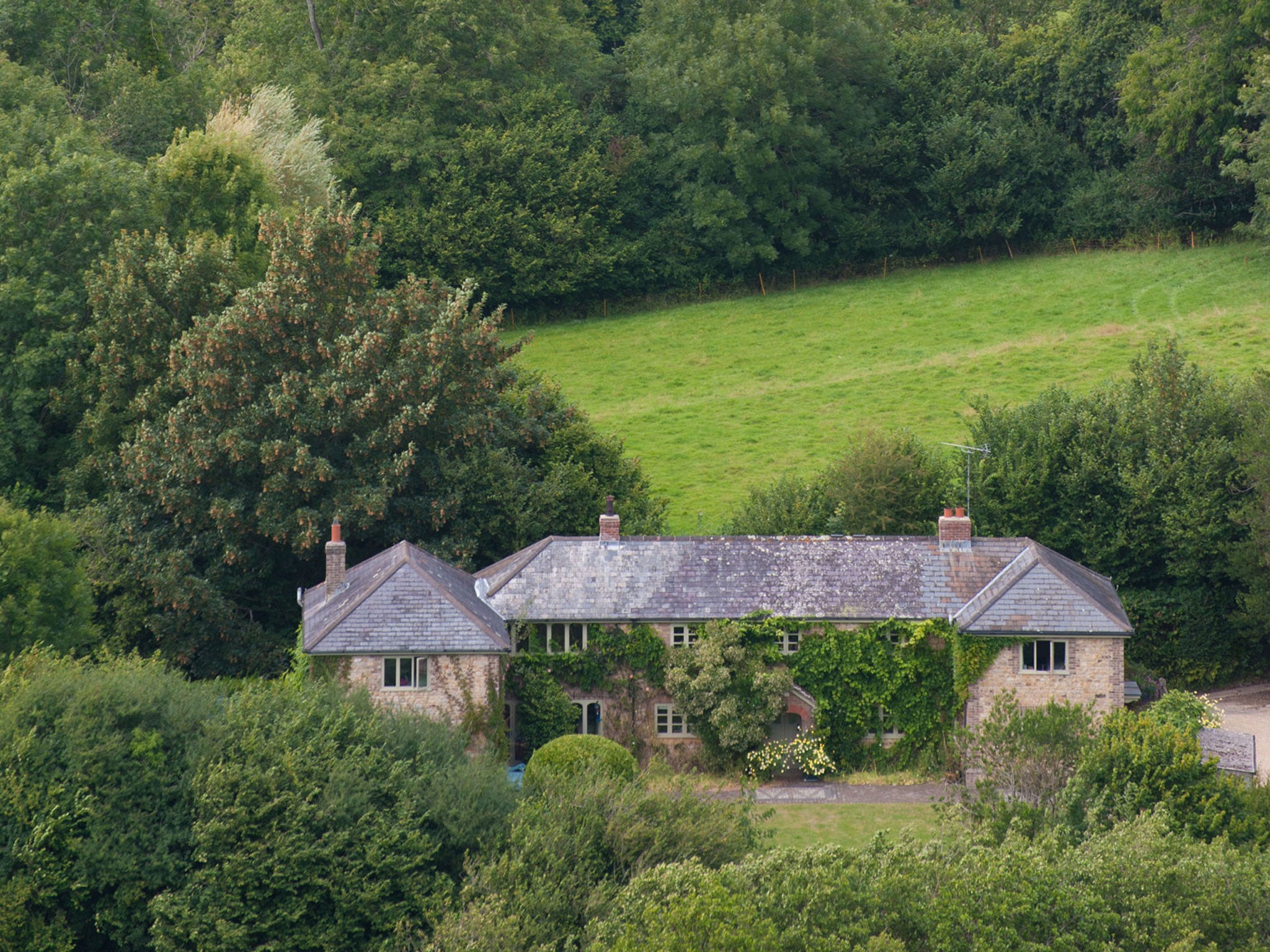Anna Pavord: Gardens connect us to the past, and let us dream about the future
If the mood now is instant, disposable, then in our gardens we should be planting slow, steady, sustaining things

Your support helps us to tell the story
From reproductive rights to climate change to Big Tech, The Independent is on the ground when the story is developing. Whether it's investigating the financials of Elon Musk's pro-Trump PAC or producing our latest documentary, 'The A Word', which shines a light on the American women fighting for reproductive rights, we know how important it is to parse out the facts from the messaging.
At such a critical moment in US history, we need reporters on the ground. Your donation allows us to keep sending journalists to speak to both sides of the story.
The Independent is trusted by Americans across the entire political spectrum. And unlike many other quality news outlets, we choose not to lock Americans out of our reporting and analysis with paywalls. We believe quality journalism should be available to everyone, paid for by those who can afford it.
Your support makes all the difference.The point of a garden is to increase the value of our lives. Our garden gives me the best chance I have of fitting myself back into a world that cities make us forget. Our garden locks me into the slow inevitable rolling out of the seasons, cycles of growth and decay, the lengthening of days and shortening of shadows.
Our garden not only gives me pleasure. It also instils calm and grafts patience into my soul. Gardening slows me down, and puts worries in proportion. It teaches me to be observant, less inclined to leap to conclusions. Or to jump on bandwagons. A garden hones my senses. I can hear the sound of dampness creaking through the soil and smell it hovering in different guises over the compost heap. In a garden, I can never feel lonely.
Nor can I ever feel bored. Though constant in the sense that it is rooted in one particular place (and roots me with it – that is an important part of its power), it is deliciously inconstant in its particulars. The light falls on a garden and reflects from it in a different way every day. Breezes move through it from different directions. Trees provide different silhouettes at different times of the year. The arrival and disappearance of seasonal plants occurs almost faster than I can keep up with. And all this is free. You don't need wads of cash to garden.
Does this sound like a manifesto? Perhaps so, though I'd be happier with the word credo. It's what I've come to believe. But on this great day, Easter Saturday, take time to chill out. Observe. Take time to admire the way a seedling pushes through the earth, its back humped into a croquet hoop with the effort. Even if it's a seedling of a weed like groundsel, it's still a miracle of tenacity and endurance. If you've never grown anything from seed yourself, then make this the season you try it. If it's something useful – basil, coriander, rocket – so much the better. Plant a tree – there's still time. Train a clematis.
The point of gardening is the doing of it, not having got it done. It's the process that matters. It is rare now for people to stay in the same place for generation after generation. But continuity produces a tangible effect in a garden: hedges bulge, trees cast ever-longer shadows over a lawn, wisterias send out tendrils to close up the windows.
We live in an impatient age, used to quick results. This is a danger in gardens. It leads to layouts that, like fast food, are ultimately unsatisfying. The ingredients are limited and, after the initial gratification, there is no lingering sense of longer pleasures. But a holly tree, though slow, can give you that in spades.
In your garden, you can take a stand against the prevailing trashy mood of the time. The great 18th-century landscape gardens were made at a time when their agricultural owners were fencing and hedging and enclosing land. Capability Brown's idealised landscapes reminded them of a pastoral, dreamy past. If the mood now is instant, disposable, then in our gardens we should be planting slow, steady, sustaining things. In the garden at least, we can dream a future.
A satisfying garden is a resonant one – one with things going on in it that are not of the here and now. There may be messages from previous owners of the garden and previous uses of the land.
Most of the places we live have been lived in before. Even if the house itself is new, the space around it may carry hints of what happened there previously. Huge pear trees in suburban gardens round the outskirts of London remind us of the orchards that used to feed the tenement dwellers of the city. Big old bay trees planted close to houses recall the time when gardeners believed quite literally that "neither witch nor devil, thunder nor lightning will hurt a man in the place where a bay tree is" as the 17th-century herbalist Nicholas Culpeper put it.
A holly at the bottom of the garden may be the last remnant of the natural landscape that existed before urbanisation spread over your patch – a thread that connects the before with the after. It need not stop you gardening round it, planting cyclamen close to its trunk and ferns to unfold after the holly's berries have gone. Tune yourself into the holly's pace of life. Think slow.
Join our commenting forum
Join thought-provoking conversations, follow other Independent readers and see their replies
Comments